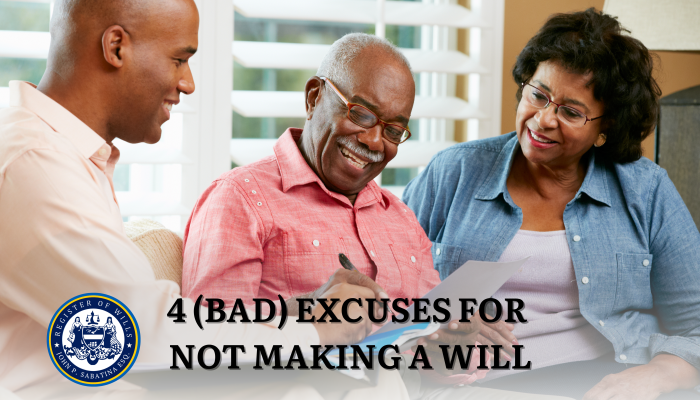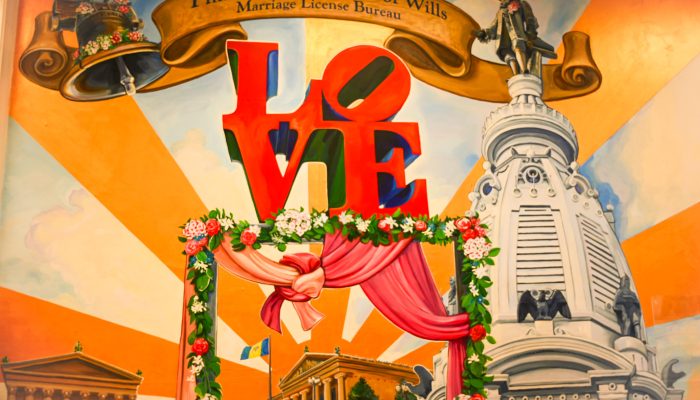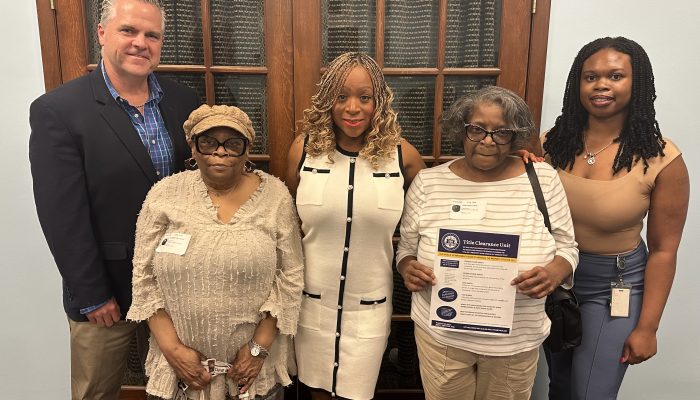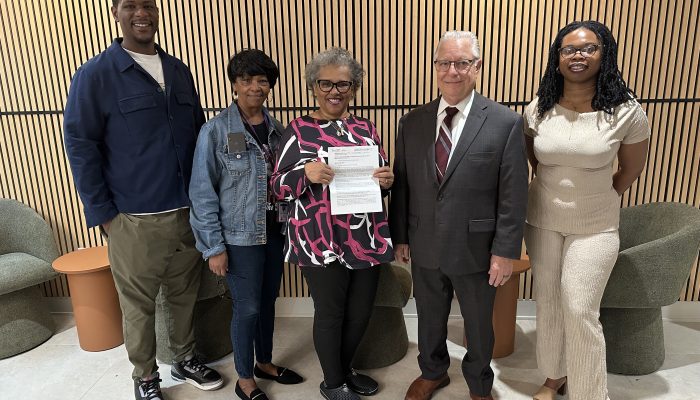Philadelphia Register of Wills John Sabatina thinks that too many of us are overlooking one of our most important financial responsibilities: we don’t have wills.
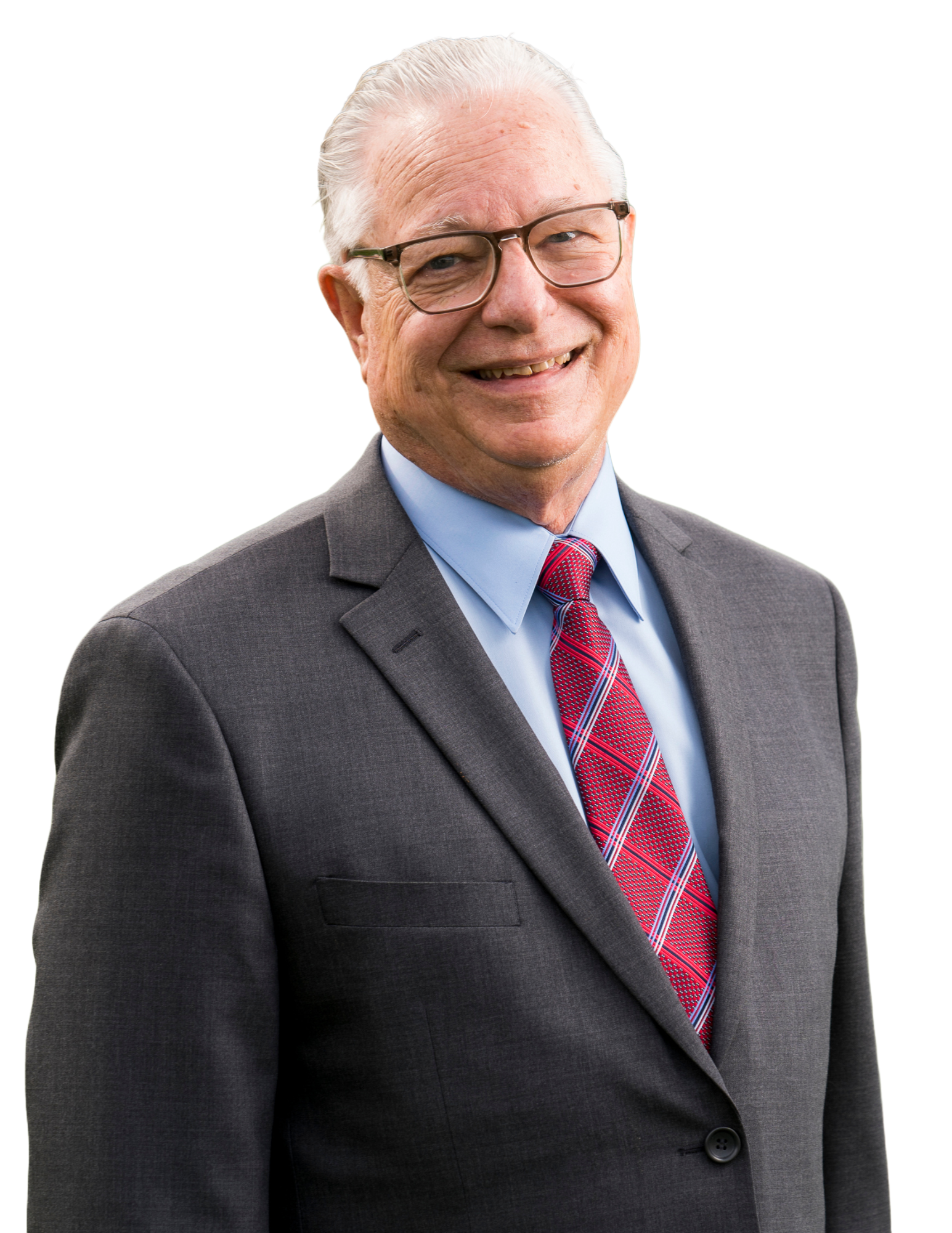
In fact, less than half of American adults say they have one.
Typical excuses range from flawed logic to pure procrastination. But those without a will are missing out. A will allows you to protect your hard-earned money and property, and to create generational wealth for your family or chosen heirs. A will gives you peace of mind in knowing that after you pass away, your final wishes will be served.
Of course, this is Philadelphia; there are always skeptics.
Here are some of the most common excuses we hear at the Register of Wills office. Scroll down to find out why these reasons don’t stand up to scrutiny:
1. “I don’t need a will because I don’t own anything.”
2. “It’s too expensive to make a will.”
3. “My spouse will get everything, anyway.”
4. “I don’t want my heirs to pay inheritance tax.”
-
“I don’t need a will because I don’t own anything.”:
Not true! There are many reasons to prepare a will, even if you aren’t wealthy. It allows you to choose who you want to settle your affairs after your death. This trusted person, known as an executor or executrix, will be responsible for carrying out your wishes. You can decide what kind of funeral or memorial service you want, or that you don’t want one. You can say whether you want to be buried or cremated, and if you want to donate your body to medicine or science. You can choose who gets custody of your beloved pets and who inherits your priceless sentimental possessions. You can leave a final, heartfelt message to the people you love.
-
“It’s too expensive to make a will.”:
Making a will does not have to be expensive, and it will pay off in the long run. The Register of Wills highly recommends getting the help of an attorney to prepare your will, but it is not legally required. If you don’t think you can afford an attorney, we can provide you with a list of non-profit organizations that offer low-cost or no-cost legal help to seniors, people with low incomes, and people with disabilities. You may be eligible for legal help through an employer or labor union. You may also contact the Philadelphia Bar Association to ask about legal assistance they may offer. In any case, a will can be as simple or as detailed as you want it to be. The important things are you name an executor or executrix; you sign it and date it; you get two witnesses to sign it; and you get it notarized.
-
“My spouse will get everything, anyway.”:
Very often, this is NOT the case. Under Pennsylvania’s Intestate Succession law, if someone dies without a will and they have a surviving spouse, along with surviving parents or lineal descendants (children, grandchildren, etc.), then the spouse’s share is the first $30,000 plus half the rest of the estate. And if the surviving spouse is not a biological parent of any of the children, the spouse’s share is half the entire estate.
-
“I don’t want my heirs to pay inheritance tax.”:
Unfortunately, inheritance taxes apply even if you don’t have a will and don’t probate the estate. The good news is there is a 0% tax rate on any assets inherited by the surviving spouse. So, if you leave everything to your spouse in a will, the tax bill should be zero.
The tax rate for assets inherited by children or grandchildren is 4.5%. The rate is 12% for siblings and 15% for all others. Fortunately, the inheritance tax can be reduced through deductions such as your funeral and burial expenses, administrative expenses, debts you owed, charitable donations, and an exemption for a child or parent who lived with you.
In any case, when you die, it’s very important for a responsible loved one to come to the Register of Wills to open a probate case, even if there is no will. Your heirs have nine months to pay the inheritance taxes before interest and penalties start to accrue. If none of your loved ones open a probate case, someone else (such as a distant relative you’ve never met) might do it many years down the road and leave your heirs with an unexpected and costly tax burden.

